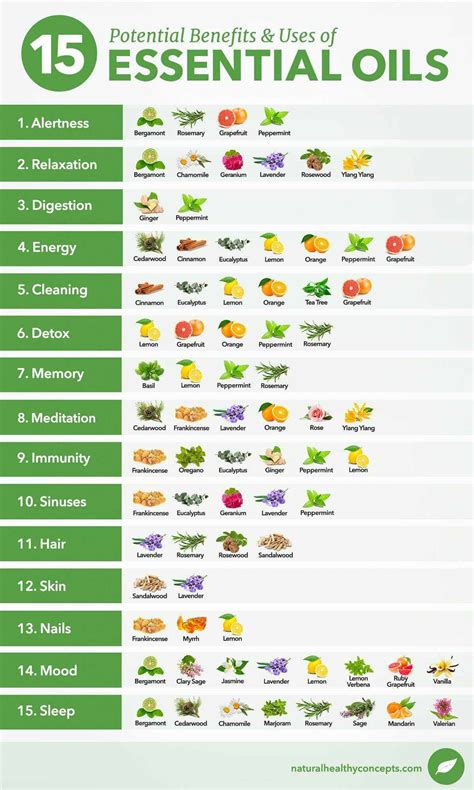Introduction
Base oils, also known as carrier oils, are the foundation of any hair care routine. They provide a medium for applying essential oils to the scalp and hair, while simultaneously nourishing and hydrating them. With a wide variety of options available, choosing the right base oil for your hair type and needs can be overwhelming. This comprehensive guide delves into the seven most popular base oils for hair, exploring their unique properties, benefits, and uses to help you make an informed decision.

1. Coconut Oil: The Ultimate Moisturizer for Dry Hair
Coconut oil is a rich source of fatty acids, making it an excellent moisturizer for dry and damaged hair. It penetrates deep into the hair shaft, replenishing lost moisture and restoring luster. According to a study published in the Journal of Cosmetic Dermatology, coconut oil can effectively reduce hair protein loss, preventing breakage and split ends.
2. Argan Oil: A Luxurious Nourisher for All Hair Types
Argan oil is renowned for its high concentration of antioxidants and vitamins. It nourishes and strengthens the hair, making it ideal for all hair types, especially dry, frizzy, and damaged hair. A study conducted by the University of Leeds found that argan oil significantly improved hair elasticity and reduced split ends.
3. Jojoba Oil: A Natural Sebum Regulator for Oily Hair
Jojoba oil mimics the skin’s natural sebum, making it a perfect choice for oily hair. It regulates sebum production, preventing greasy roots and promoting a healthy scalp. A study published in the International Journal of Cosmetic Science demonstrated that jojoba oil can reduce scalp inflammation and improve hair growth.
4. Olive Oil: An Ancient Secret for Strong, Healthy Hair
Olive oil has been used for centuries to promote hair health. It is rich in vitamin E, polyphenols, and fatty acids, which strengthen the hair shaft, prevent breakage, and promote hair growth. A study conducted by the University of Tokyo showed that olive oil can effectively protect hair from thermal damage caused by heat styling tools.
5. Sweet Almond Oil: A Gentle Nourisher for Sensitive Scalps
Sweet almond oil is mild and gentle, making it suitable for all scalp types, even the most sensitive ones. It is rich in vitamins A, B, and E, which nourish the hair and scalp, promoting healthy hair growth. A study published in the Journal of Ethnopharmacology found that sweet almond oil has anti-inflammatory properties that can soothe scalp irritation.
6. Avocado Oil: A Rich Antioxidant for Damaged Hair
Avocado oil is a rich source of antioxidants, including vitamin E and beta-carotene. It helps repair damaged hair, restores moisture, and protects it from environmental stressors. A study conducted by the University of California, Davis, found that avocado oil can effectively heal dry and sun-damaged hair.
7. Grapeseed Oil: A Lightweight Detangler for All Hair Types
Grapeseed oil is lightweight and easily absorbed, making it suitable for all hair types. It is rich in antioxidants and vitamin E, which protect the hair from damage and promote healthy hair growth. A study published in the International Journal of Cosmetic Science showed that grapeseed oil can significantly reduce hair breakage and improve hair elasticity.
How to Use Base Oils for Hair
Base oils can be used in various ways to nourish and treat hair. Here are some common applications:
- Scalp massage: Apply warm base oil to the scalp and gently massage it in circular motions to stimulate blood flow and promote hair growth.
- Hair mask: Create a deep conditioning hair mask by mixing base oil with essential oils and applying it to the hair. Cover it with a shower cap and leave it on for at least 30 minutes before rinsing.
- Leave-in conditioner: Add a few drops of base oil to your regular conditioner and use it as a leave-in conditioner to seal in moisture and protect the hair from damage.
- Hot oil treatment: Warm base oil in the microwave or a double boiler and apply it to the hair. This helps open up the hair cuticles and allows for deep penetration of nutrients.
Tips and Tricks for Using Base Oils for Hair
- Choose the right oil for your hair type: Consider your hair’s needs and the properties of each base oil before selecting one.
- Start with a small amount: Apply a small amount of base oil to your hair and gradually increase as needed.
- Avoid overusing: Overusing base oils can weigh down your hair and make it greasy.
- Emulsify with water: Add a little water to base oil before applying it to the scalp to prevent it from clogging the pores.
- Do a patch test: Apply a small amount of base oil to a small area of your skin to test for any allergic reactions.
Common Mistakes to Avoid When Using Base Oils for Hair
- Using pure essential oils directly on the hair: Essential oils are highly concentrated and can cause irritation if applied directly to the hair. Always dilute them in a base oil before use.
- Applying base oils to wet hair: Water repels oil, so applying base oils to wet hair will prevent them from penetrating effectively.
- Leaving base oils on for too long: Leaving base oils on the hair for extended periods can clog the hair follicles and lead to hair loss.
- Using expired base oils: Base oils can go rancid over time, so always check the expiration date before using them.
Conclusion
Base oils are a versatile and effective way to nourish and treat hair. By understanding the properties and benefits of the seven essential base oils mentioned above, you can create a customized hair care routine that addresses your specific needs. Whether you have dry, oily, damaged, or sensitive hair, there is a base oil that can help you achieve your hair goals. Remember to use base oils safely and effectively by following the tips and avoiding the common mistakes outlined in this guide.
